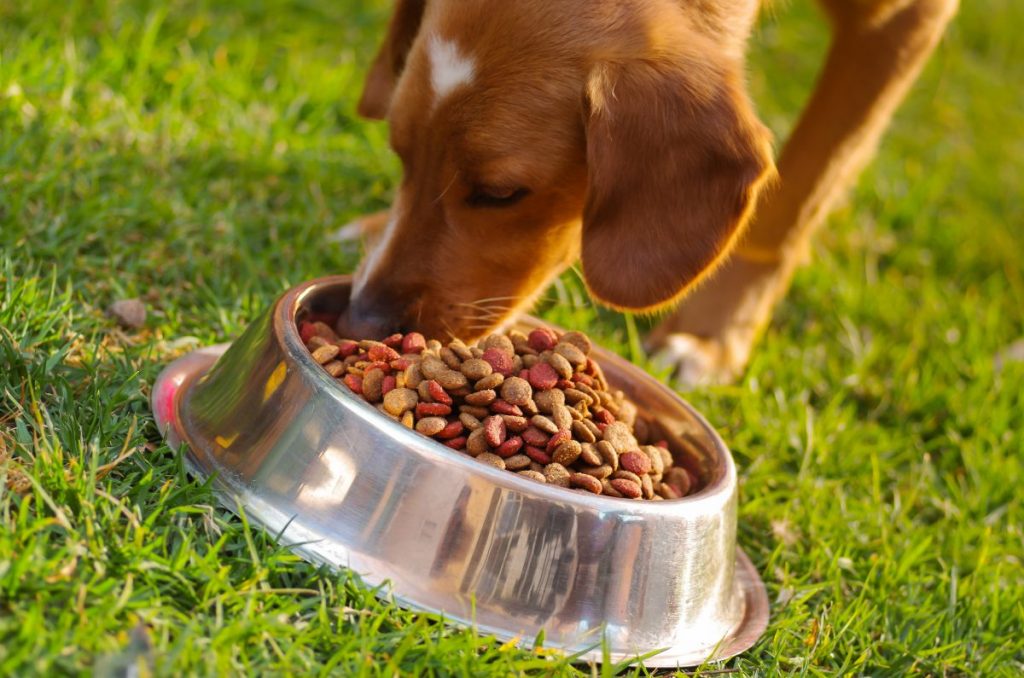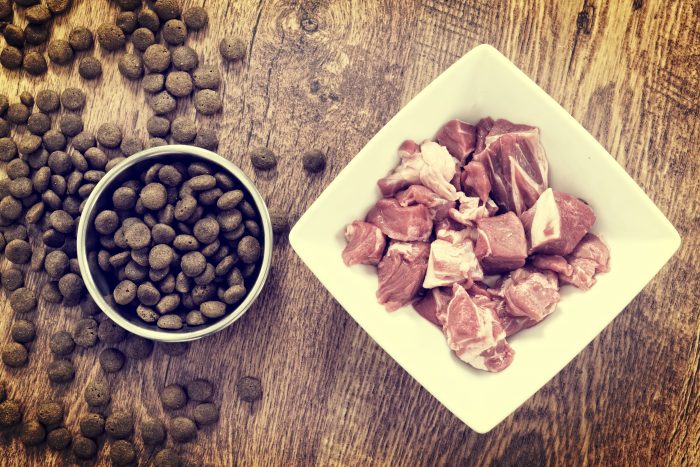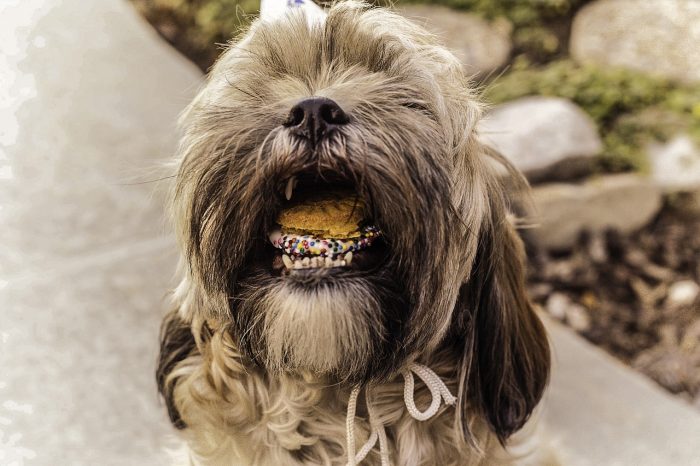Your dog’s diet is an extremely important indicator of his or her health that cannot be overlooked. Their daily or weekly nutritional regimens – whether they are sick or not – will give them the strength they need for daily activities and improve overall mood.
If dogs have cancer, their immune systems are weaker than normal. This means that they require a special diet with certain nutrients in order to get enough proteins and fatty acids to recover. By giving your pet the right types of foods, keeping their systems in check, and eliminating deficiencies in their diets, it is easier for their bodies to rebuild and heal.
Essential Nutrients and Foods
As mentioned above, proteins and fatty acids are needed to nourish your furry friend. It’s great to make these foods part of a daily or consistent consumption regimen, but it is especially vital for dogs with cancer to have a diet high in animal protein.
Any dog foods that you purchase should contain animal protein. In addition, make sure that it contains some type of meat as the first two ingredients rather than mostly grain filler, like corn meal, rice, or wheat. These foods lack the nutrition that dogs suffering from cancer need. Grain-free foods are also recommended for dogs that have cancer.
Canned sardines are an easy and tasty way to ensure that your pet gets the appropriate amount of nutrients each day. Other foods that your pet might enjoy are eggs, cottage cheese, other fish like tuna or salmon, hamburger, ground turkey, or chicken. Pork is usually harmless, but there is a slightly higher risk of acquiring a trichinosis infection if you plan on feeding it to your dog.
However, you should ask your veterinarian if this diet is right for your pet – sodium levels may be higher than suggested for dogs with pancreas, liver, kidney, or spleen problems. Some of these foods are also high in fats, which can supplement another dietary need for canines in recovery. Make sure that these foods contain natural fats, which is best for their carnivore-based intake!
Fatty acids – Omega 3s, 6s, and 9s – are easily found in fish oils. Not only are these acids proven to help shrink tumors and lower inflammation of skin cells, they are an extremely important part of a healthy diet.
Dogs love fish and fishy smells, so fulfilling this need with the sardines, tuna, and salmon shouldn’t be too much of a hassle or feat. Fish oil capsules are also easy ways to incorporate fatty acids into a regular diet that does not have typically or naturally contain them.
Biologically appropriate raw foods are optimal for dogs with cancer. They typically meet a quota of three-quarters meat and one-quarter fruits and vegetables. Because dogs’ stomachs have high stomach acid levels, there are more benefits to raw foods to dogs than humans.
Dogs that have typically consumed commercial dog food products should be gradually weaned to a raw diet if you are planning on doing so. Rare-cooked meats are good for this transition process. Raw bones are an excellent source of protein that pets love to chew on, but make sure to avoid cooked or smoked bones that may splinter, causing harm to them. Liver, kidneys, and heart are great for dogs as well.
Foods to Avoid If Your Dog Has Cancer
If your furry friend is suffering from cancer, it is important that you stay away from grains. Dogs are carnivorous, which means that their diets should contain a lot of meat. Dogs are not naturally predisposed to eat grain and, as a result, it can wreak havoc on your dog’s digestive system. Avoid rice or wheat at all costs when choosing dog foods.
Other dangerous foods for dogs include Xylitol found in candy, gum, or toothpaste, chocolate, and garlic or onions. While these foods should never be a part of a dog’s diet, it is especially important to take note of your dog’s intake – in big or small quantities – when treating him for an illness.






